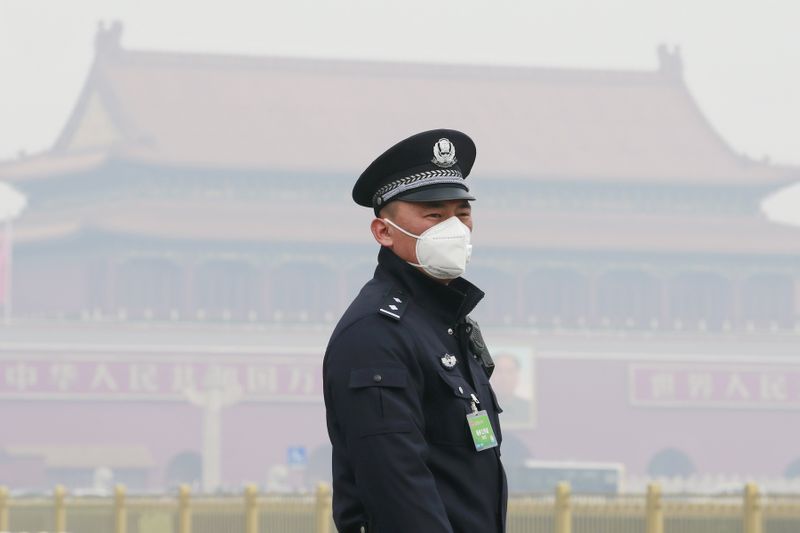By Noah Browning
LONDON (Reuters) - Global progress toward energy efficiency has slowed to its lowest rate in 10 years due to subdued prices amid the COVID-19 pandemic, the International Energy Agency said on Thursday, dealing a setback to efforts to curb climate change.
"As a result of the crisis and continuing low energy prices, energy intensity is expected to improve by only 0.8% in 2020, roughly half the rates (last year)", to levels last reached in 2010, the Paris-based watchdog said in a report.
"This is well below the level needed to achieve global climate and sustainability goals" which the group puts at more than 3%.
(Graphic: Energy intensity improvement- https://fingfx.thomsonreuters.com/gfx/mkt/qzjpqordapx/energyintensity.JPG)
Emptier flights, cheaper fuel, distancing measures hampering building insulation upgrades and smart meter installation as well as slower car sales due to mobility restrictions explain the slowdown, the IEA said.
The agency recommended earlier this year that policymakers use the economic pause inflicted by the pandemic to prioritise renewable energy to curb carbon emissions.
But the IEA found that squeezed state and corporate budgets have led to investment in new energy-efficient buildings, equipment and vehicles being projected to be down 9% in 2020.
(Graphic: GDP relationship with energy intensity - https://fingfx.thomsonreuters.com/gfx/mkt/dgkplanqavb/gdp.JPG)
"It is especially worrying because energy efficiency delivers more than 40% of the reduction in energy-related greenhouse gas emissions over the next 20 years" according to the organization's models, it added.
